Few, if any, living authors can lay claim to as many adaptations of their work as Stephen King. The horror maestro has written 65 novels, a dozen short story collections, his own screenplays and teleplays, and shows no signs of slowing down any time soon. His novels and stories have been adapted for the screen over 40 times, and his name recognition remains a reliable moneymaker in Hollywood, with adaptations of works like “The Monkey” and The Running Man due sometime this year.
Plenty of these adaptations have yielded successful works of cinema, with the likes of The Shining and The Shawshank Redemption showing up on plenty of lists of the best films of all time. But while there have been a number of good to great films based on his work, even the best ones tend to feel like they have to sacrifice something of the original in order to succeed on the screen. King is well known for books that tend to sprawl over hundreds of pages, so a great deal of his writing is necessarily cut out to keep movie runtimes manageable.
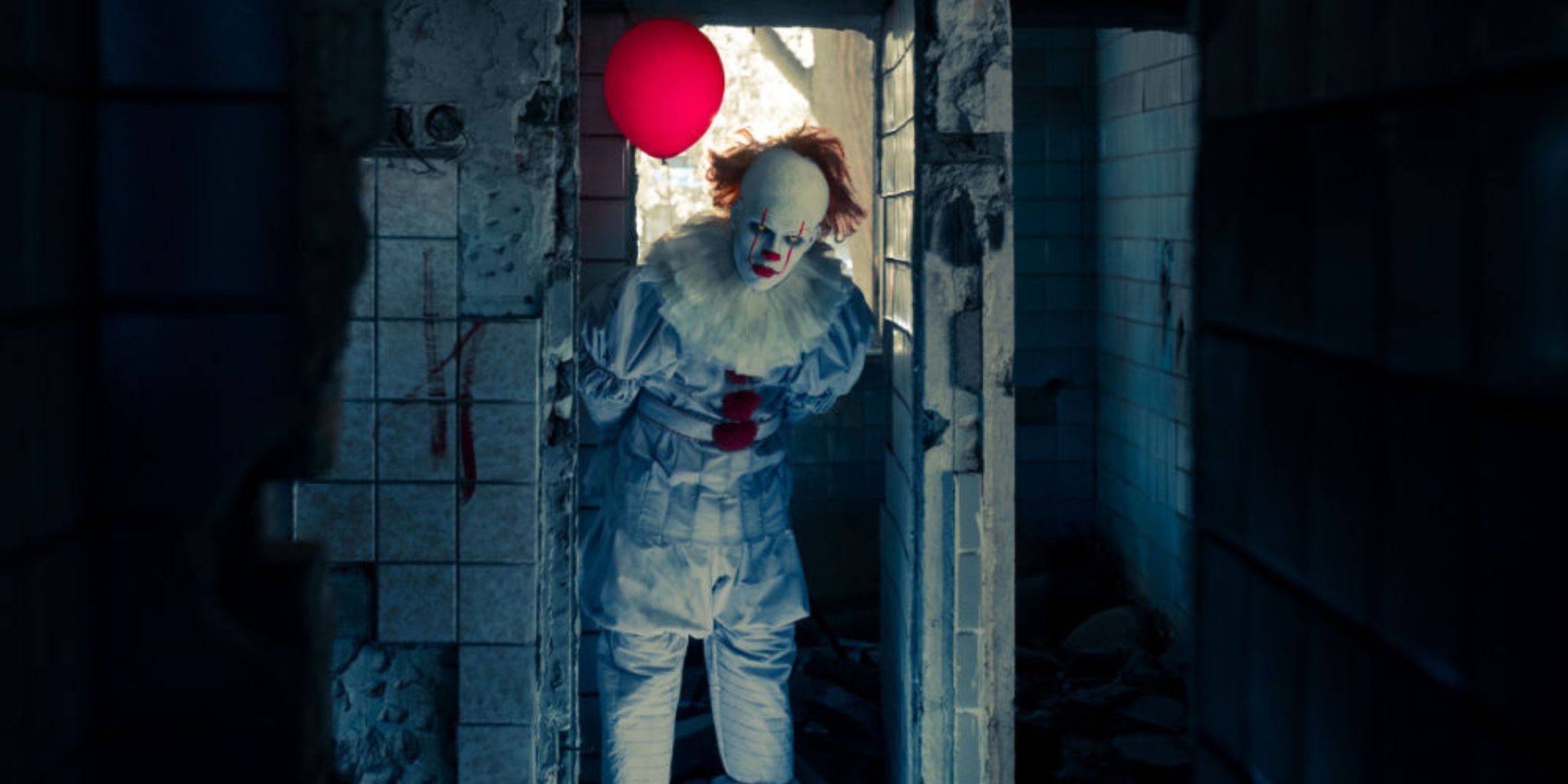
Related
IT: Welcome to Derry Will Explore One of Stephen King’s Most Horrifying Moments
IT: Welcome to Derry series will explore and cover Stephen King’s most notable and tragic story from his classic horror book.
But there’s a medium that doesn’t have to wrap its story up in just a couple of hours: television. TV series have the benefit of being able to take more time to tell their stories, allowing them to go deeper into King’s worlds. So with the upcoming release of HBO’s IT: Welcome to Derry and Mike Flanagan’s Dark Tower series in the works, let’s take a look at why TV is the best home for Stephen King’s stories.
Stephen King’s TV History
King is no stranger to the world of television. He’s written his own original miniseries like 1999’s Storm of the Century and 2002’s Rose Red, and has adapted several of his novels for the small screen, from The Stand in 1994 to his own take on The Shining in 1997, an opportunity to “correct” some of Stanley Kubrick’s changes in the 1980 film. For a while in the 90s, TV miniseries adaptations of King’s novels were nearly an annual event.
Many of these are rightly considered pretty cheesy nowadays, though some, like 1990’s IT, hold a certain nostalgic charm for Millennials who were freaked out by them as kids, largely thanks to Tim Curry’s legendary performance as Pennywise. Since these adaptations aired on network television, many of their more gruesome or disturbing moments had to be cut or altered, dulling their impact somewhat.
However, the current TV landscape, thanks to trailblazing networks like HBO pushing the boundaries of linear programming as well as the more anything-goes approach of streaming, isn’t as afraid to go to much darker or more violent places than in years past. TV storytelling has also grown far more complex in the past couple of decades, leading to some of the finest creative achievements in TV history. These advancements have opened the door for King adaptations that are able to hew much closer to his work than those miniseries of yesteryear.
TV has seen numerous King adaptations in recent years on premium channels as well as streamers, and while not all of them have been successful—looking at you, 2021’s The Stand—shows like 2016’s 11/22/63, 2017-2019’s Mr. Mercedes, and 2020’s The Outsider have received praise for being both faithful to King’s work as well as creatively fulfilling in their own right. Other series like Hulu’s Castle Rock have taken a looser approach to King’s work, often with results that please both King die-hards and more casual fans.
Why TV Works for King
So what is it about TV that makes it the ideal medium for King’s work? Much of it comes down to the aforementioned sprawl. King is obviously a first-rate storyteller, but many of his most rewarding works of fiction take their time to get into the scary stuff, allowing the reader to get to know the characters on a deep level, making the horrors they go through all the more affecting. One of King’s chief complaints about Kubrick’s The Shining is that it’s far too cold and distant, and it’s hard not to agree when compared to the novel. King creates a rich inner life for Jack Torrance, making his descent into murderous insanity feel more like a tragedy than an inevitability.
A season of TV is able to take more of what makes King’s work special off the page and onto the screen, allowing the story to spread out and taking detours to explore the psychology of the characters in greater depth than what’s possible in a feature film. This is especially important for sprawling, unwieldy works like the Dark Tower series, with dense worldbuilding that just doesn’t come through in the largely derided 2017 film version.
Even Andy Muschietti’s IT films, which are fairly well-liked (well, the first one, anyway) and total nearly five hours of runtime, had to cut out almost all the history of Derry that King explores in the novel. This makes HBO’s upcoming Welcome to Derry an exciting proposition, an opportunity to delve into the many disturbing events in the town’s history that the films were only able to allude to. Even more exciting is Flanagan’s take on The Dark Tower, which will hopefully preserve much of the ambitious weirdness that makes the novels so fun to read.
This isn’t to say that these and other upcoming projects will automatically be successful just because they’re on TV, but television’s long-form storytelling offers more opportunity to preserve the narrative richness that has made King’s work so beloved for over a half-century. One upside of Hollywood’s current IP-obsessed era might be that more filmmakers who grew up reading King’s prose will get the opportunity to adapt their favorites for the screen. Here’s hoping they keep choosing the small one.

Stephen King
Stephen King is one of the most prolific living authors. A master of horror, King’s classic works include The Shining, Carrie, Cujo, It, and the Dark Tower series. Many of his books and short stories have been adapted to film and television, including The Shawshank Redemption, Lisey’s Story, 1408, Secret Window, and The Stand.
- Birthdate
-
September 21, 1947
- Birthplace
-
Portland, Maine
- Notable Projects
-
The Shining
, Cujo
, The Shawshank Redemption
, It
, Carrie
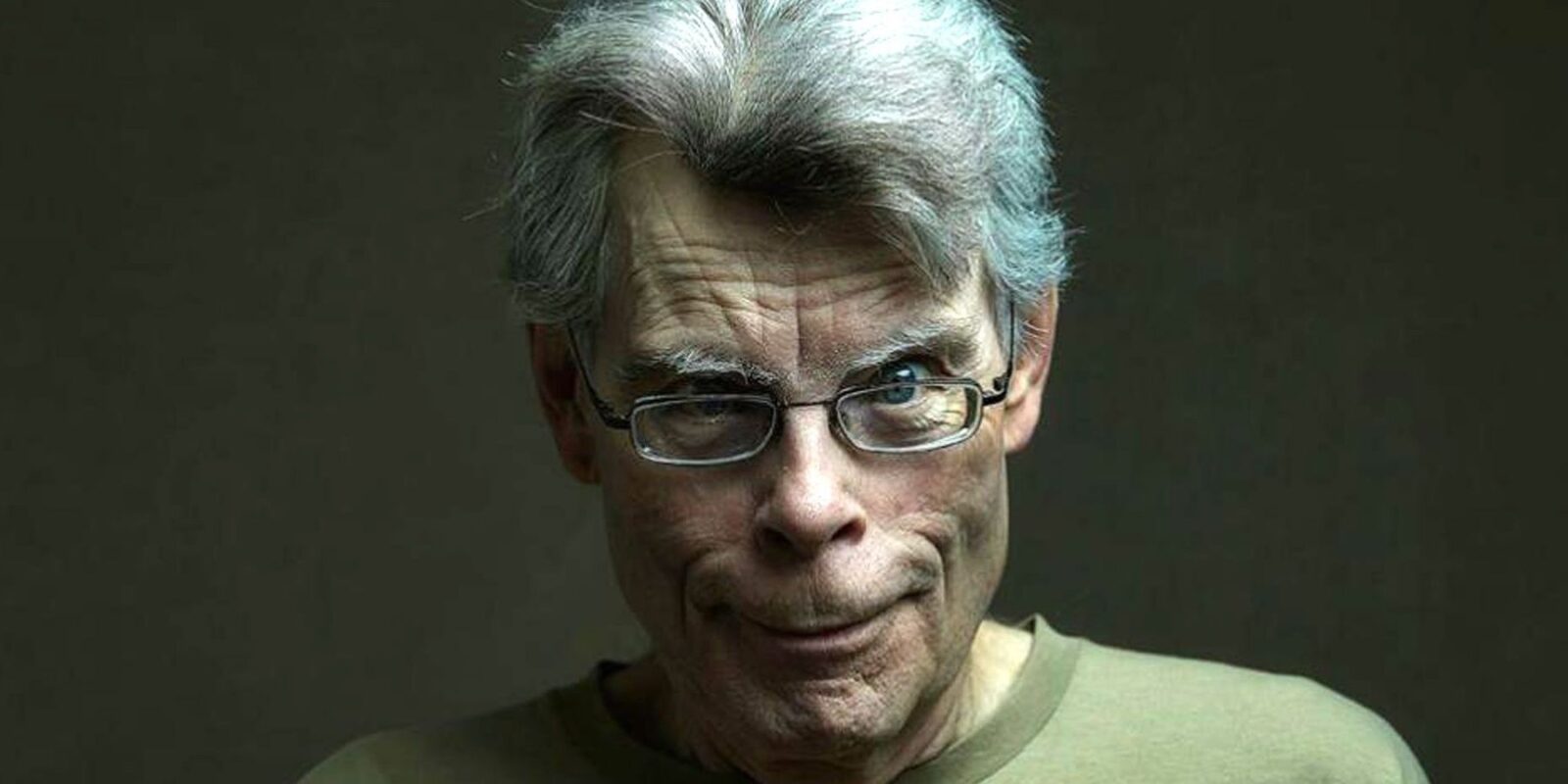

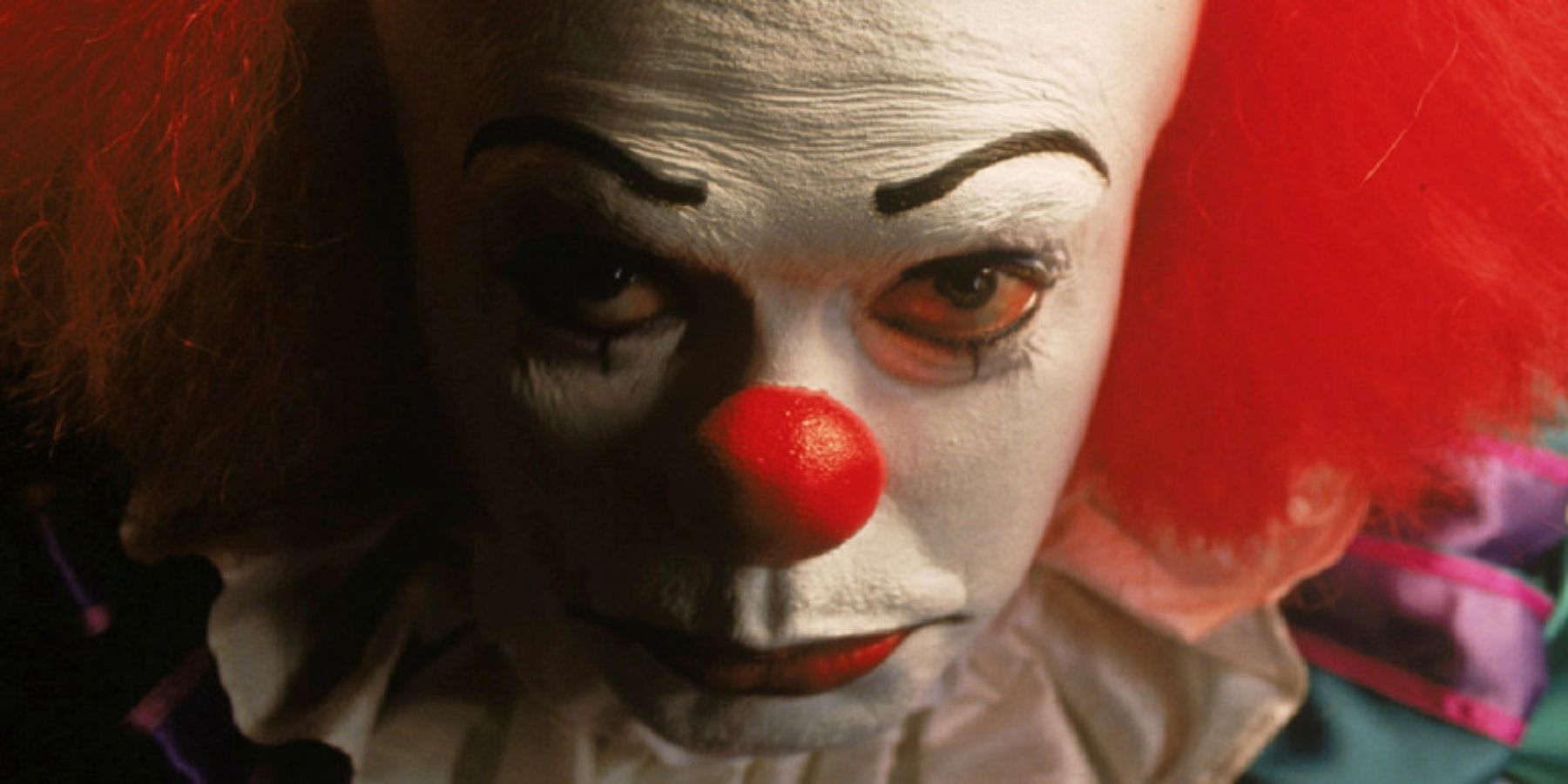
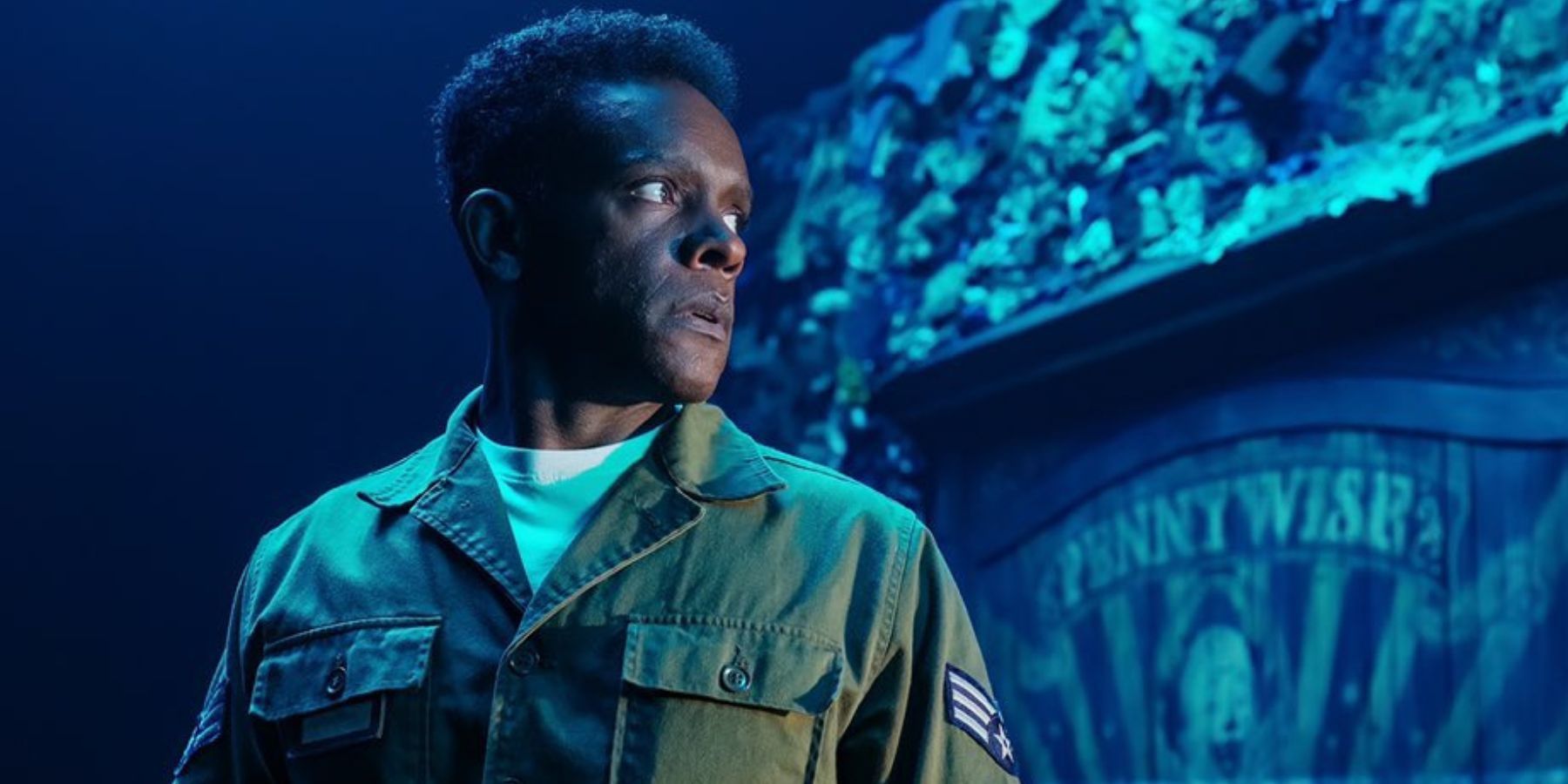




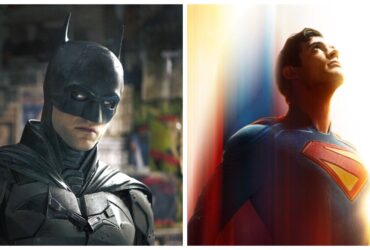


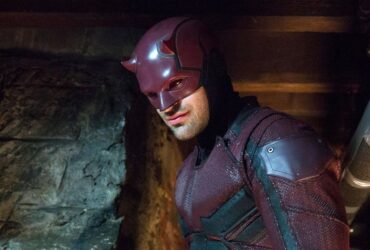


Leave a Reply